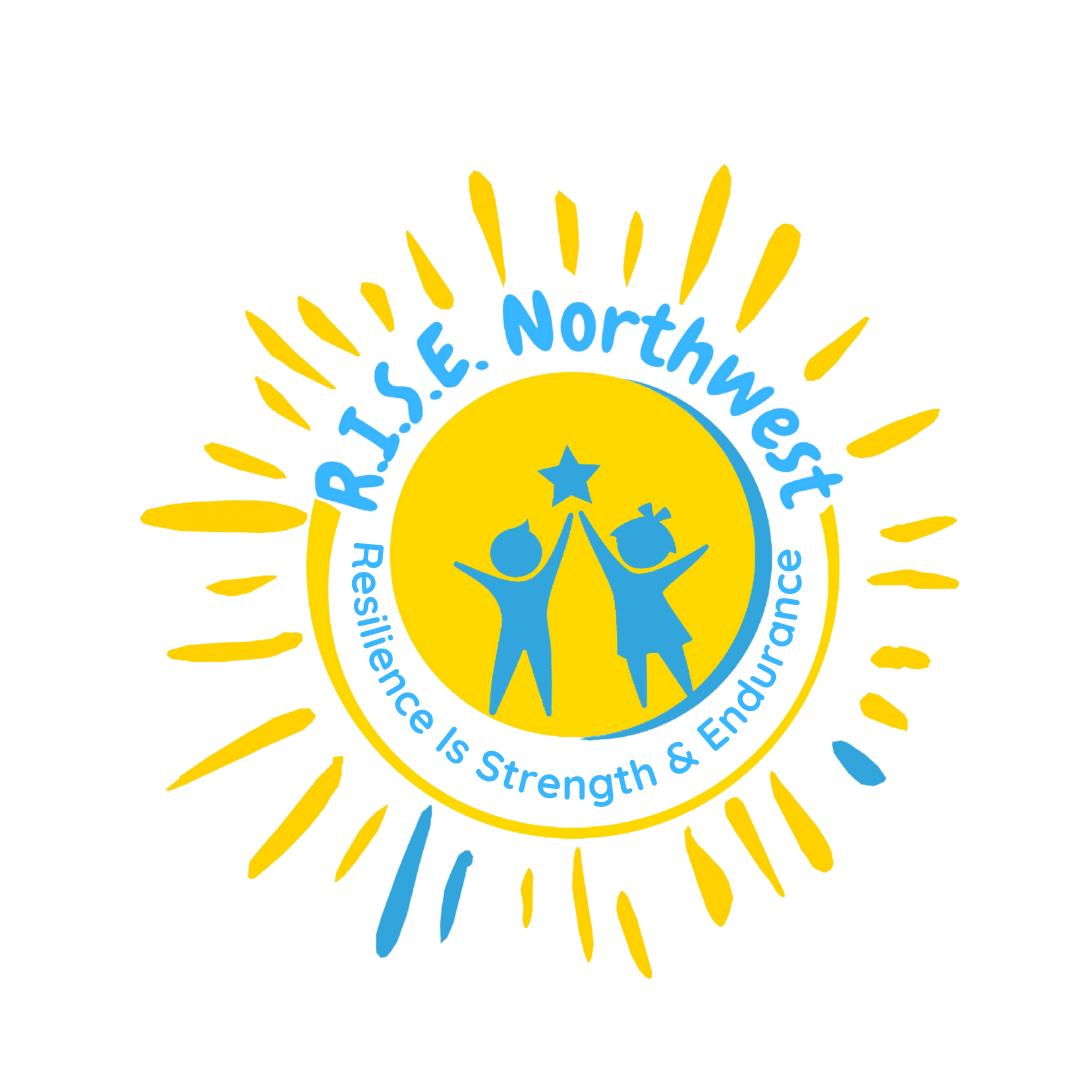Grief in childhood
The death of a parent is one of the most traumatic events that can occur in childhood.
When a child loses a parent, it can have a profound impact on their life.
One of every 20 children will suffer the loss of one or both parents before they reach age 16.
Losing a parent at an early age can have long-term consequences that cannot be ignored; these consequences often persist well into adulthood.
Unlike adults, children often don’t have the life experiences to cope with grief.
Children dealing with unresolved grief from losing a parent are vulnerable to long-term emotional problems due to their failure to resolve their sense of loss.
Bereaved children and teens are:
five times more likely to die by suicide
nine times more likely to drop out of high school
ten times more likely to engage in substance abuse
twenty times more likely to have behavioral disorders
What can be done?
Talk to your child. Avoiding the topic as a way to protect your kid can do more harm than good.
Children grieve differently than adults. Grief is an individual process. Meet them where they are at.
Support from the family and peer network is essential for long-term recovery.
How is R.I.S.E. Northwest helping?
We offer mentoring: our volunteers are trained to help children cope with grief.
We provide a safe healing space: we meet children where they are at in the grieving and healing process.
We offer Team RISE, a comprehensive peer program for grieving children.










